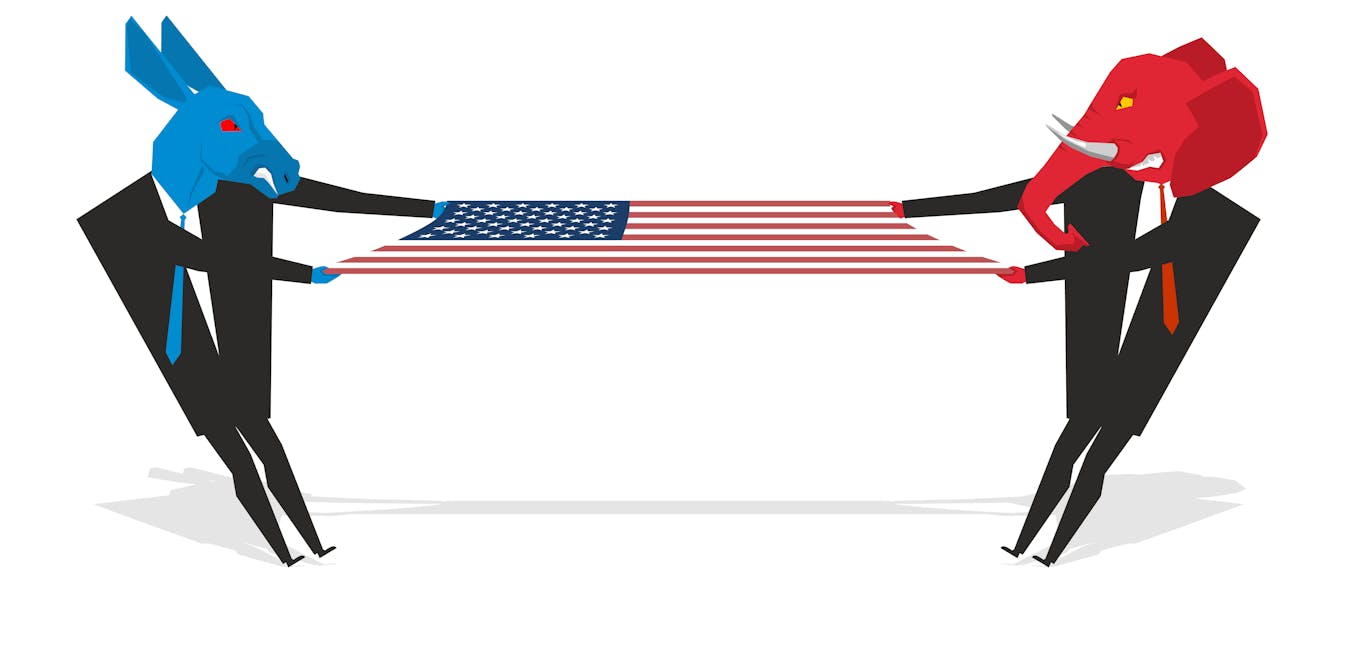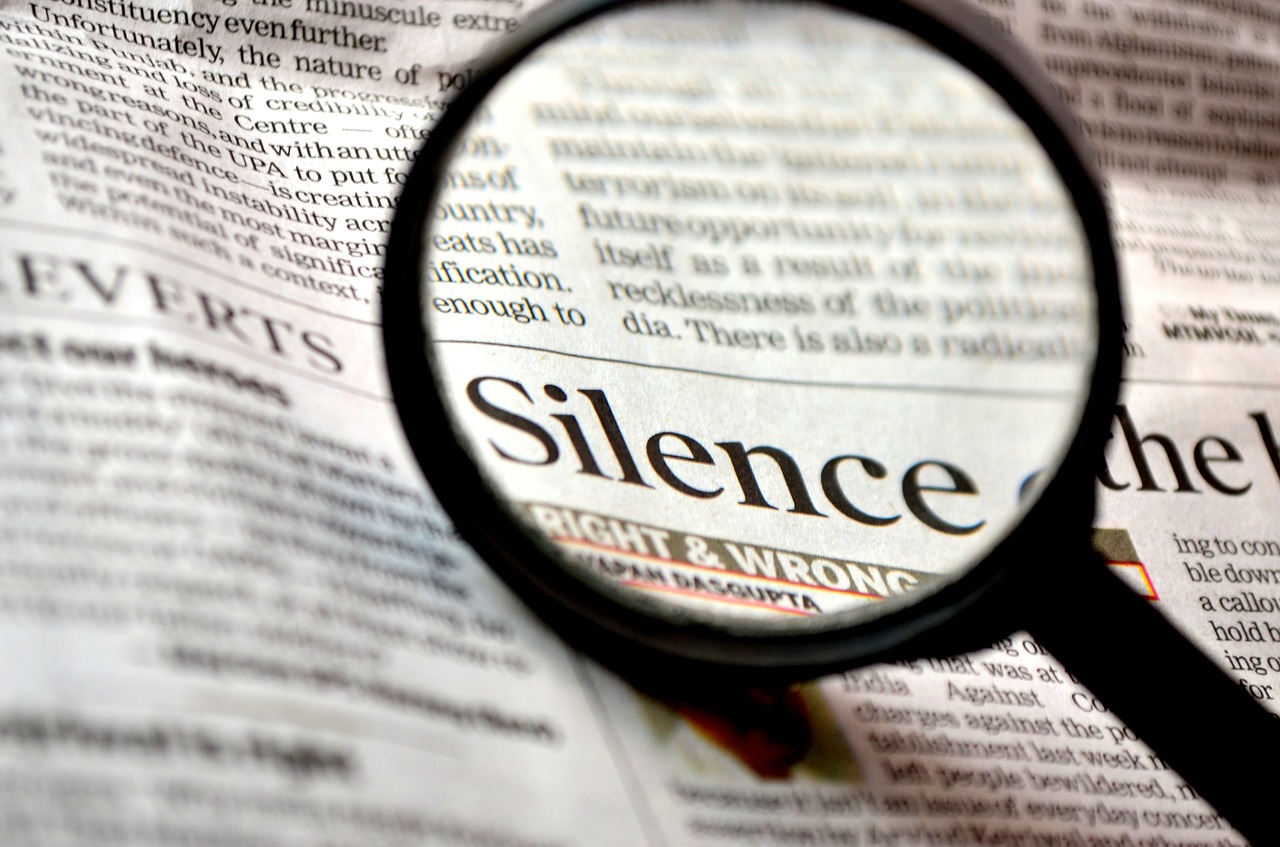History:
The title Muckraker came about when the president at the time, Theodore Roosevelt, used the term in one of the speeches he gave borrowing a passage from John Bunyan’s The Pilgrim’s Progress. The line he used was “the Man with the Muckrake…who could look no way but downward.” Then ever since Muckraker took on favorable connotations of social concern and courageous exposition.
Who are they:
This group of journalists in the Progressive Ear was known to expose very well known institutions and leaders as corrupt.
Some Fame:
Jacob Riis worked as a police reporter for the New York Tribune, New York Evening Post and New York Sun. He published a series of pieces on slum conditions in the Lower East Side of Manhattan which led to the establishment of the Tenement House Commission. His book "How the Other Half Lives: Studies Among the Tenements of New York," and "The Children of the Poor," and other later books led to tenements being torn down.Florence Kelley was hired to investigate the labor industry in Chicago. She tried to force sweatshop owners to improve conditions but never won any of her lawsuits. She then published "Hull-House Maps and Papers," and "Modern Industry in Relation to the Family, Health, Education, Morality." These books showed the reality of child-labor sweatshops and working conditions for children and women. Her work then helped create the 10-hour workday and establish minimum wages, but her greatest accomplishment was the "Sheppard-Towner Maternity and Infancy Protection Act," which included health care funds to reduce maternal and infant mortality.
Source: https://www.britannica.com/topic/muckraker

